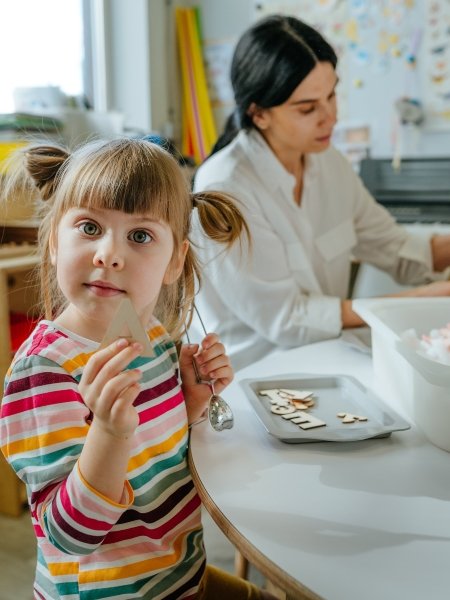Introduction
Occupational therapy (OT) is more than just therapy; it’s a pathway to independence for children with special needs. OT focuses on helping children acquire the skills needed for everyday activities, from self-care to academic tasks. In this blog post, we’ll dive into what occupational therapy is and how it helps children develop essential life skills.
What is Occupational Therapy?
Occupational therapy for children involves activities and exercises designed to improve fine motor skills, hand-eye coordination, sensory processing, and other abilities necessary for daily tasks. Occupational therapists work one-on-one with children to address challenges specific to each child, whether it’s difficulty holding a pencil, getting dressed, or focusing in class.
Key Skills Developed in Occupational Therapy
- Fine Motor Skills
OT helps children develop hand and finger strength, coordination, and control, essential for tasks like writing, cutting, and buttoning clothes. Improving fine motor skills allows children to perform self-care activities with greater ease and independence. - Gross Motor Skills
Occupational therapists work on larger movements, such as sitting, standing, and walking, to build core strength and balance. This is especially important for children with developmental delays that affect physical movement. - Sensory Processing
Many children with special needs struggle with sensory processing, meaning they may be overly sensitive to sounds, textures, or lights. OT helps children learn to manage sensory input and respond in ways that make them more comfortable and focused. - Daily Living Skills
From brushing teeth to eating meals independently, occupational therapy teaches children the skills they need to care for themselves. These self-care tasks are critical for a child’s development and confidence.
The Importance of OT in Daily Life
Occupational therapy doesn’t just improve physical skills; it fosters independence and confidence. When children can dress, feed themselves, or complete school activities, they feel more competent and motivated. OT sessions often include fun and engaging activities that children enjoy, making progress feel natural and encouraging.


